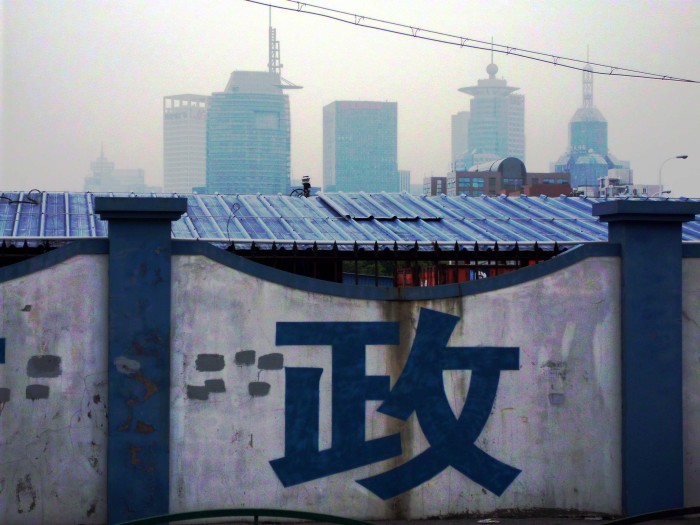Our Beijing-based Climate Change & Air Quality Program team share what they are reading and talking about
 China’s central government is moving quickly to introduce market principles into the power sector and maximize the amount of renewable energy that reaches the grid. This past week, the National Development and Reform Commission (NDRC) issued a document promoting demand-side management (DSM), mentioning how demand-response can help integrate more renewable energy and reduce peak demand. The document set a June deadline for establishing public data platforms for educating potential participants in DSM programs. The speed of the announcement, coming right after Document 9 power reform, indicates that the government is serious about introducing more market forces into the sector—which could have a major impact on emissions through greater energy efficiency and increased uptake of renewables.
China’s central government is moving quickly to introduce market principles into the power sector and maximize the amount of renewable energy that reaches the grid. This past week, the National Development and Reform Commission (NDRC) issued a document promoting demand-side management (DSM), mentioning how demand-response can help integrate more renewable energy and reduce peak demand. The document set a June deadline for establishing public data platforms for educating potential participants in DSM programs. The speed of the announcement, coming right after Document 9 power reform, indicates that the government is serious about introducing more market forces into the sector—which could have a major impact on emissions through greater energy efficiency and increased uptake of renewables.- CBRE Global Research published a report on the impact of smog on the Beijing office market. The report finds that poor air quality is the second biggest concern for office occupiers in Beijing, second only to high rents.
- Xie Zhenhua, China’s recently retired top climate change official, has been named the special representative on climate change issues, according to the NDRC, and will attend the December Paris climate talks as the country’s top negotiator.
- To address pollution, industrial Hebei is not only capping coal and shutting excess steel capacity, but also scaling up renewable energy—a sharp change from past years. The province plans to add 2 GW of wind and 1.5 GW of solar in 2015, meaning it should rapidly ascend the renewable energy installation league tables in China.
- A new Duke University study traces the decline of coal jobs and increase in clean energy jobs by US county. The report shows that in the years since the 2008 economic recession, the US coal industry lost more than 49,000 jobs, while at the same time the natural gas, solar, and wind industries across the country created nearly four times as many jobs as coal lost. The Duke paper mirrors a recent NRDC study that found capping coal use and increasing renewable energy in China will produce major net gains in employment. Such studies support the Paulson Institute’s view that policies that improve air quality and address climate change are compatible with economic prosperity.


